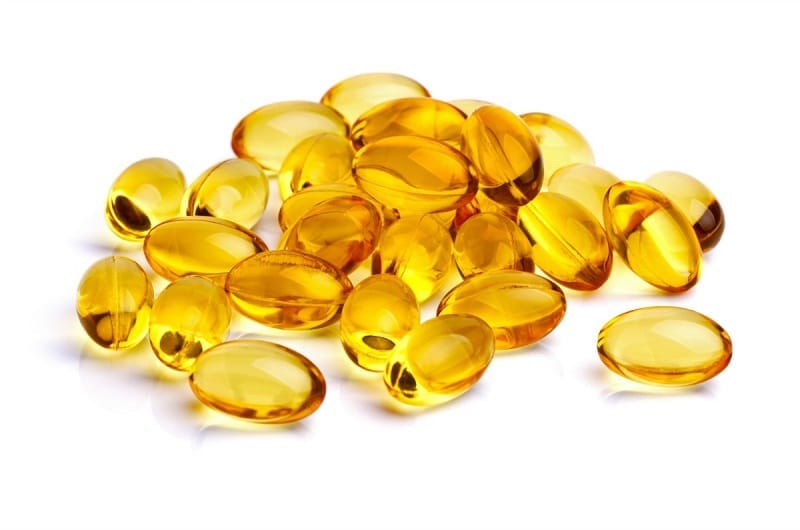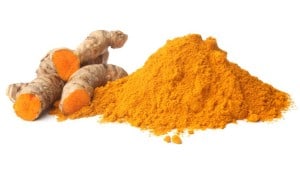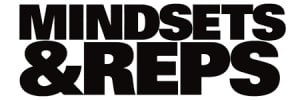
There’s nothing worse than killing your muscle gains by making the wrong decision post workout. You’ve heard it before, the human body is very smart. It will do anything in its power to keep you alive and functioning.
It’s important to understand that things like inflammation, cortisol, and cholesterol all serve a specific purpose. These words have a negative connotation because people simply don’t understand how the body works. Do we want chronically high inflammation, chronically elevated cortisol, or extremely high LDL cholesterol? Of course not, but it’s important to understand that they are part of our human physiology for a reason.
Today, we’re going to focus on inflammation in particular. Inflammation is vital to the healing process. Let’s say you bang your knee on a coffee table. It becomes swollen, red, and inflamed. This is how your body heals itself. Can inflammation get out of control? Yes. But you have to let it run its course before you go in the kitchen for some ice and Tylenol.
Working out is no different. When you lift weights it is a stress and inflammation will occur as a result. This inflammatory response is the reason you gain muscle. It is the body’s adaptation to the stress of the workout which allows your muscle to grow larger and stronger. Hence, the more intense the workout the more muscle you will build. But if you disturb this process by taking or doing something that is anti-inflammatory, you could be missing out on quality muscle gains.
Here are three seemingly healthy practices that should be avoided immediately post workout so as not to disturb the muscle building process.
1. Taking Fish Oil
Fish oil is an omega-3 fatty acid, which has anti-inflammatory properties. Before you freak out, if you’ve been taking five grams of fish oil (a common dose) post workout you probably don’t have to worry too much. The anti-inflammatory qualities are likely not that strong. However, some people choose to “mega dose” their fish oil, taking upwards of 20 or 30 grams a day for a short period of time. In this case I would certainly not do so post workout, as a dose that high would obviously have a higher anti-inflammatory effect than the typical dose of a teaspoon or two. Remember, omega-3 fatty acids occur naturally in foods as well. The dose is probably not so high that it would negate your gains completely. However, a plate of salmon topped with olive oil and a side of nuts can really add up.
On the flip side, omega-6 fatty acids are generally considered to be pro-inflammatory. This is why we are told to avoid them since, as mentioned before, we don’t want to be chronically inflamed all day every day. There actually was a supplement called arachidonic acid, which is an omega-6 fatty acid designed to be used post workout. The theory is pretty evident; a larger inflammatory response should produce greater muscle gains. I don’t know if the science backed up this claim, but you can see why it could be beneficial to muscle gain.
2. Adding or Supplementing with Turmeric

Turmeric and Curcumin have gained steam in recent years for all of their positive health properties, one of which being its anti-inflammatory effects. It’s pretty powerful, I’ve even used it topically as a remedy for infections in situations where I previously had to resort to antibiotic use. If it is an ingredient you add to your food or supplement with, it would be best not to do so immediately after your workout.
3. Cold Showers, Ice Baths, Cryotherapy
In my opinion, cold therapy may have the most powerful anti-inflammatory effect of the bunch. When you ingest something, there is always the question of the bioavailability and how effectively your body can extract and use its nutrients. When you dive into an ice bath… you feel it. It’s uncomfortable, it hurts, but there’s no doubt that it works. You get out and can visibly see that your whole body is red, you may even be trembling or feeling euphoric. Cryotherapy has the same effect, it’s just cold vapor instead of liquid.
If your goal is maximal muscle gain or improvements in athletic performance, at the very least you should put off your cold water immersion or cryotherapy until 4–6 hours after training. This seems like a safe amount of time where you won’t disrupt the natural inflammatory response from your workout.
We always hunt for the perfect post workout meal or shake, but often it’s looking out for the things we should avoid rather than the things to add that is forgotten. Will any of the things mentioned in the article completely ruin your workout gains? No, but I believe in optimizing everything as much as we can. If I can get a 5–10% edge by doing (or not doing) something, I’m going to do it. This is part of the reason why I prefer health coaching rather than individual workout programs, or individual nutrition programs. If you’re going to hire someone to improve your health, why not optimize every variable possible?
Recent Posts
Stretching Before Workouts: Essential Warmup or Performance Killer
“Don’t stretch before workouts, your muscles become too supple” “Stretch before your workouts, warming up is important” It's conflicting advice like this that drives people crazy,...
Best Protein Bar For the Money | Cost Effective, High Quality
Protein bars are no longer a supplement dedicated to diehard gym rats, with awful taste and the consistency of a brick. Men, women, and even teenagers can commonly be seen eating protein bars. The...
